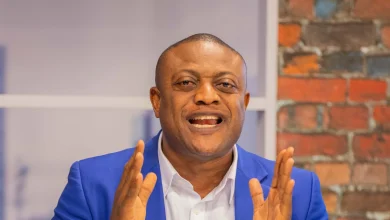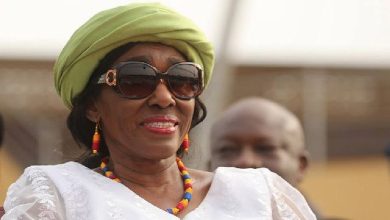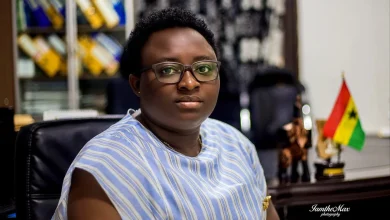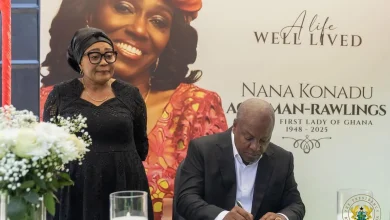I WANT TO PROVE GHANA AND ALL OF AFRICA CAN STAND ON THEIR OWN – President Mahama Tells Time Magazine
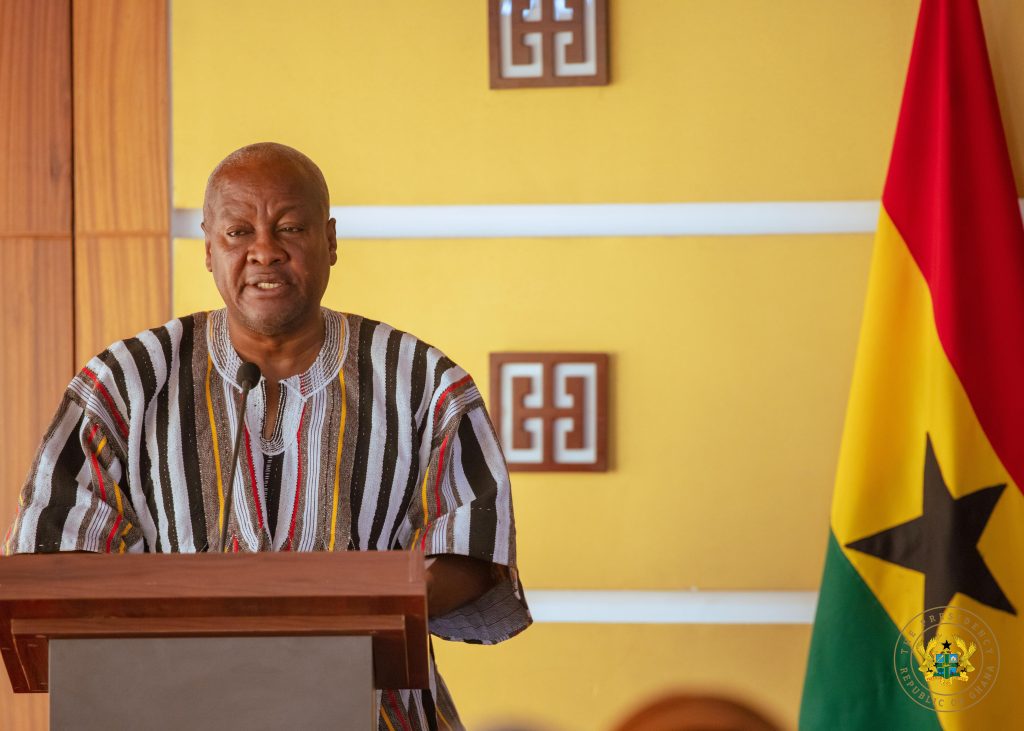
“It will get me into trouble again!” laughs Ghana President John Mahama upon the conclusion of our interview.
A few weeks earlier, Mahama’s Foreign Minister had visited the U.S. State Department, only to be immediately confronted with an op-ed that his boss had written for the U.K. Guardian newspaper.
In it, Mahama eruditely excoriates U.S. President Donald Trump’s baseless claims of a white genocide in South Africa and calls his “unfounded attack” on its President Cyril Ramaphosa in a fractious Oval Office meeting “an insult to all Africans.”
“They asked, ‘Did your President actually write this?’” Mahama tells TIME in his presidential office within Accra’s Jubilee House. “He says, ‘Yes, my President is a writer and likes to express himself.’ And they said, ‘Well, he’s President now. Can you ask him to put his pen down?’”
Even if Mahama does acquiesce and pause his writing, it’s extremely doubtful he will ever stop shooting from the hip.
On Sept. 25, the 66-year-old used a speech at the U.N. General Assembly to accuse its Security Council of exercising “almost totalitarian guardianship over the rest of the world,” while demanding that an African member be added to this apex body and the abolition of its veto power. “The future is African!” he said to rapturous applause.
A little showy, sure—but far from empty talk. By the year 2050, over 25% of the world’s population is expected to hail from the African continent, including a third of those aged 15 to 24. Africa’s combined GDP was $2.6 trillion in 2020 but is projected to reach $29 trillion by 2050. Africa boasts three of the world’s 20 fastest-growing tech hubs, including first place: Nigeria’s Lagos.
But while the trajectory is indubitable, the ascent is far from smooth, as Ghana’s recent experiences neatly encapsulate. The West African nation of 34 million has long been painted as a continental success story due to its democratic and economic stability.
However, Mahama was returned for a second nonconsecutive term in January with his homeland embroiled in an acute economic malaise, characterised by a huge debt burden, soaring costs, and youth unemployment at a staggering 38.8%.
In just half a year, Mahama succeeded in restoring stability—halving inflation, strengthening the national cedi currency by 30%, and embarking on a radical “Resetting Ghana” agenda. He rolled out a 24-hour economy to empower businesses and public institutions to operate around the clock, abolished onerous levies on online purchases and betting wins, and established a code of conduct for all government officials to fight corruption.
He pledged to waive fees for all first-year students in public tertiary institutions and distribute free feminine hygiene products to school-age girls nationwide. To fight joblessness, he unveiled plans to train one million coders over four years, providing the talent to bolster a nascent tech sector.
source:myjoyonline.com
NKONKONSA.com

